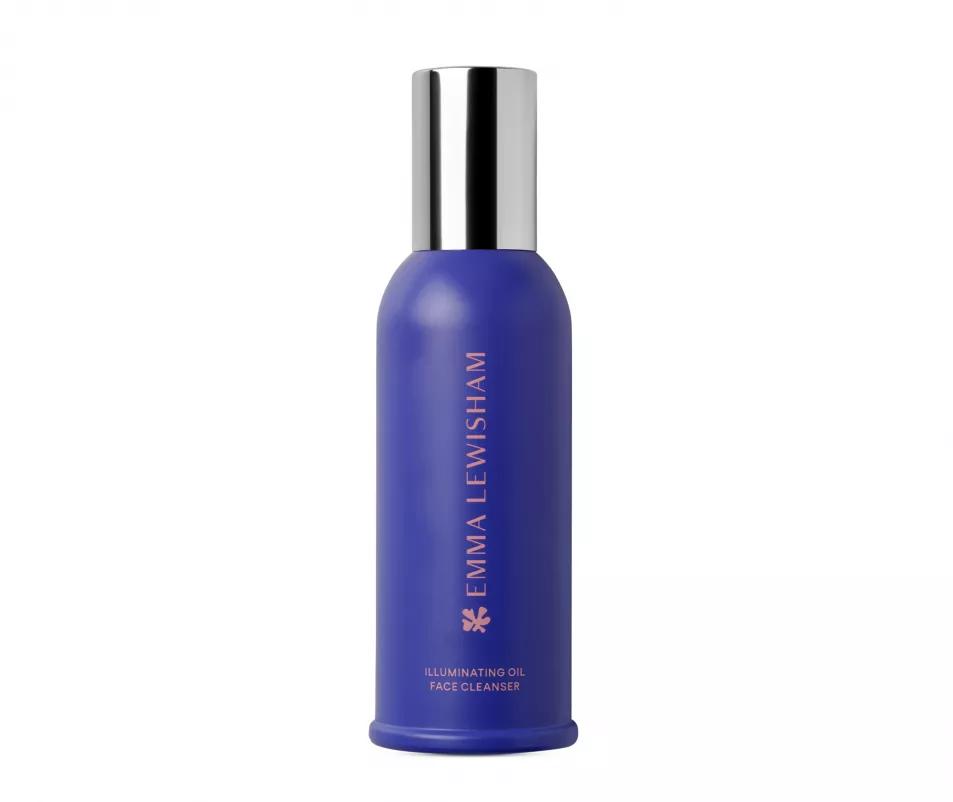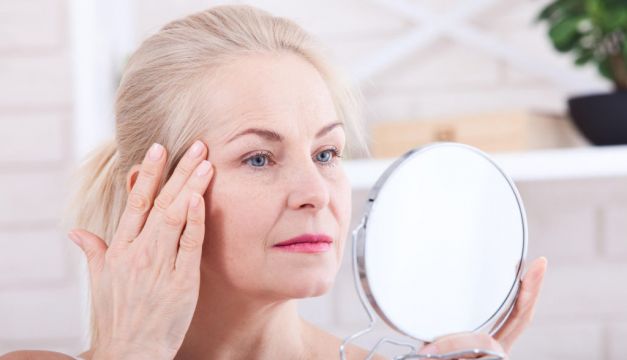Can a cream, serum or retinol hold the key to the fountain of youth?
Well, the jury may be out – and it could all be down to good genes – but we can all have a jolly good go at protecting our skin from premature ageing once we hit 40.
“It’s not a mystery – as we age, the structural components in skin, such as collagen, decline,” says Lizz Star, Origins executive director of global product development.
“This results in the appearance of fine lines that can become etched into skin with repeated movements. Additionally, mature skin typically has less moisture within – and as a result may appear dull and feel dry.”
AdvertisementView this post on Instagram
The good news is, it’s never too soon to take care of skin with nourishing moisture, says Star.
As Valérie Cenizo, skin biology laboratory manager for L’Occitane puts it: “As we age, the needs of our skin evolve, requiring a more targeted and comprehensive skincare routine.
“Hydration and nutrition is a common need – and after the age of 40, it’s essential to prioritise it.”
Here, experts share their top tips for a youth-preserving skincare regime…
1. Cleanse with care
As your skin is changing, ask yourself if your routine needs to change too, suggests Star. “Are you over-cleansing, and is your skin drier than it used to be?
“Re-look at the form of your cleanser, or how frequently you cleanse and exfoliate.”

“You may consider a creamy formula or oil-based cleanser, or less frequent scrubbing,” she suggests.
2. Use a specialised serum
“Use a serum for specific skin needs,” advises Cenizo. She recommends an overnight serum, some of which are adapted for all ages to improve the skin barrier protection.

Star agrees: “Consider adding a specialised serum to your regime. There are so many great ones that focus on age-related skin concerns, like loss of firmness, or lines and wrinkles.
3. Hydrate with age-specific creams
“Use a daily cream to improve hydration, nutrition and skin protection,” advises Cenizo. “After 40, skin also needs more protection against external aggressors – the skin barrier becomes thinner and weaker.
“It’s beneficial to act on cell renewal, reinforce the skin barrier and add a protective ingredient.” She continues, “Indeed, a weak barrier induces loss of hydration and makes the skin more fragile against daily aggressors, increasing the premature ageing process.”

She recommends creams that hydrate and nourish, and contain essential oils with antioxidant and protective skin properties. These limit the impact of daily aggressors – that ultimately can improve collagen, skin firmness and elasticity.
“Collagen is a protein in the body that is responsible for structure, strength and support,” explains Gemma Jones, brand trainer at Institut Esthederm.
“It gives the skin a fresh, plump and firm look, providing elasticity and protecting it from sagging. Unfortunately, with time and environmental factors, the skin’s protein renewal process diminishes.”

4. Give retinol the green light
Another key ingredient to add to your daily routine is retinol, says Soraya Saint-Clair, Boots beauty skin specialist. “It’s a skincare powerhouse that can improve the appearance of fine lines, wrinkles, discolouration, blemishes and pores by accelerating cellular turnover.”

For first-time users, she recommends starting with a lower potency to avoid any sensitivity, and minimise irritation; such as a night concentration.
“Limit initial use to once or twice a week on non-consecutive nights, gradually increasing frequency and then building up to a higher concentration,” she advises.
5. Introduce sunscreen to your skincare routine
No matter your age, one of the most important steps in your daily skincare regime is applying a broad-spectrum sunscreen,” urges Saint-Clair.

“There are so many easy-to-wear formulas that sit perfectly under makeup, or on their own as the final step in your morning skincare routine after moisturising.”
Saint-Clair recommends wearing a minimum of SPF 30 and a high UVA protection all-year round to help prevent damage from both UVA and UVB rays.
Last but not least: “Don’t fall asleep with make up on. It can clog pores, which can lead to breakouts, and drink water like it’s going out of style,” adds Star.







